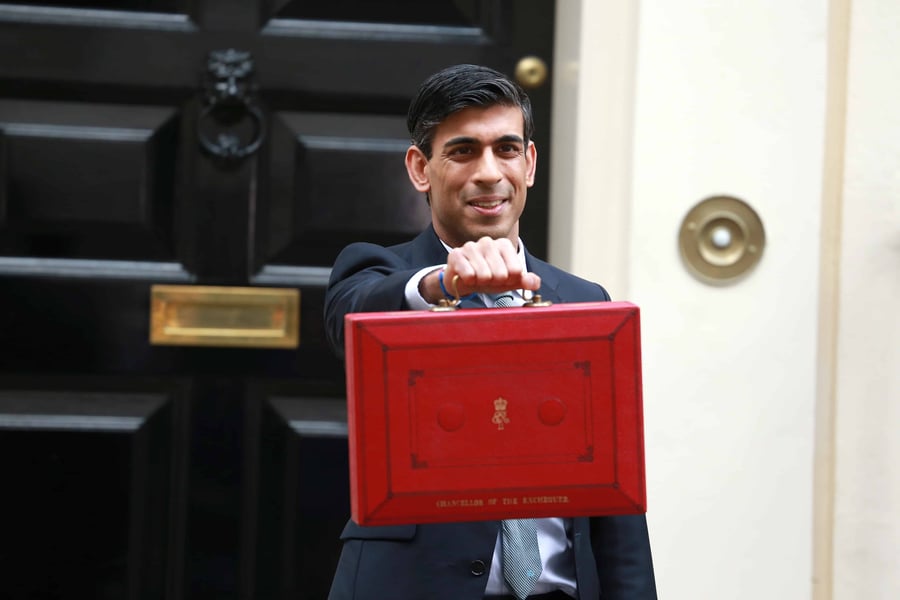Speculation had been rife that the Chancellor would make the move, which sees the stamp duty threshold increased to £500k, as part of a number of measures aimed at dulling theeconomic impact of COVID-19.

Chancellor Rishi Sunak (pictured) has confirmed a much-expected stamp duty holiday as part of his 'mini-Budget'.
Speculation had been rife that the Chancellor would make the move as he launched a number of measures aimed at dulling theeconomic impact of COVID-19.
The changes to stamp duty in England and Northern Ireland will see the removal of tax on the purchase of homes of up to £500,000 until March 31.
Previously house-buyers in England and Northern Ireland had to pay stamp duty on properties over £125,000. However, first-time buyers paid no tax up to £300,000 and 5% on any portion between £300,000 and £500,000.
The Chancellor said: "One of the most important sectors for job creation is housing. The construction sector adds £39bn a year to the UK economy;
"House building alone supports nearly three quarter of a million jobs; with millions more relying on the availability of housing to find work.
"But property transactions fell by 50% in May. House prices have fallen for the first time in eight years.
"And uncertainty abounds in the market – a market we need to be thriving. We need people feeling confident - confident to buy, sell, renovate, move and improve.
"That will drive growth. That will create jobs. So to catalyse the housing market and boost confidence, I have decided today to cut stamp duty.
"Right now, there is no stamp duty on transactions below £125,000. Today, I am increasing the threshold to half a million pounds.
"This will be a temporary cut running until 31st March next year.
"And, as is always the case, these changes to stamp duty will take effect immediately. The average stamp duty bill will fall by £4,500.
"And nearly nine out of ten people buying a main home this year, will pay no stamp duty at all."
The changes to stamp duty will come into effect immediately despite rumours that there would be no change until the autumn Budget in October.
This had led to warnings from the industry that people may delay purchasing to take advantage of the changes - in effect slowing the market as opposed to increasing transactions.
Nationwide's latest house price index showed that the average house price, not seasonally adjusted, was £216,403 in June.
A buyer purchasing a home at that price would save £1,828 in stamp duty following the changes.
Ben Thompson, deputy CEO of Mortgage Advice Bureau, welcomed the move.
He said: “The housing market has been through many cycles, but incredibly over the last 13 years has had to deal with a once in a lifetime global financial crisis, a once in a lifetime exit from the European Union and now a once in a lifetime global pandemic.
"During this last decade, stamp duty has also increased significantly and although we’ve seen a relatively recent overhaul of this tax, the new levels prove to be a genuine financial barrier for many people who simply need to move home.
“So we welcome today’s announcement, as it should bring some new transactions forward and create new home moves more quickly, thereby boosting the economy and jobs.
“It remains clear, however, that the government needs to not only continue to purposefully work towards increasing the supply of homes for sale, but it also must find a means through further stamp duty changes to create a more fluid and mobile housing market, thereby not only helping people move to homes they need, but also helping economic productivity at this critical time.”



